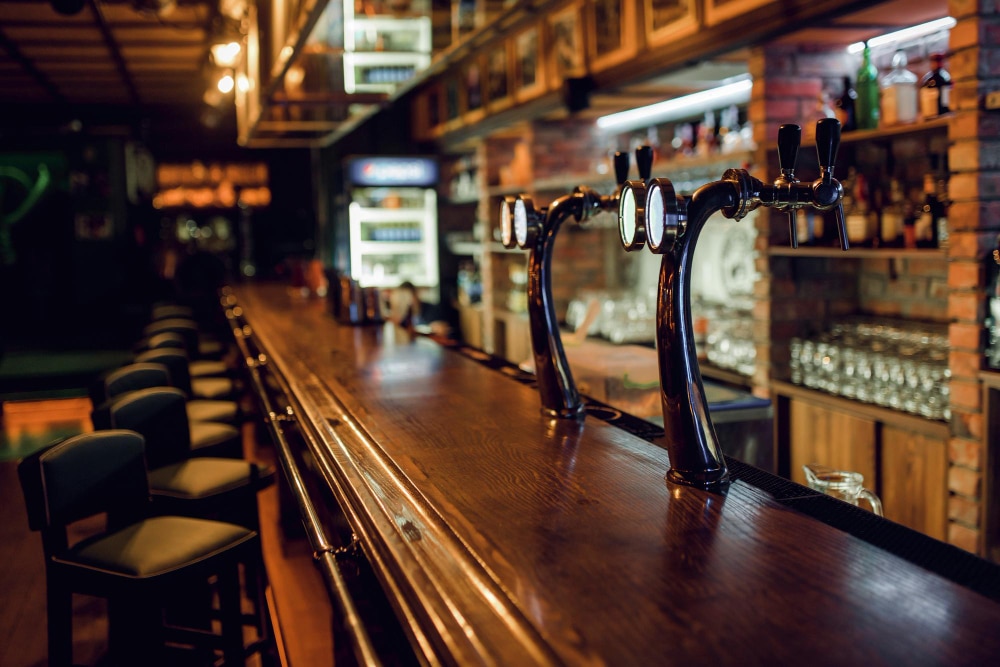Case Studies: Dram Shop Lawsuits

When alcohol is served irresponsibly, the consequences can be life-altering—not just for the individuals involved, but for the establishments that served them. Dram shop lawsuits have become an essential legal mechanism for holding bars, restaurants, and liquor stores accountable for overserving patrons. These cases often revolve around alcohol-related accidents, especially those involving drunk driving or assaults.
To better understand the importance and implications of dram shop liability, let’s examine real-world case studies that reveal how courts handle such claims and the factors that influence the outcomes.
What Is a Dram Shop Law?
Dram shop laws are statutes that allow victims of alcohol-related harm to sue establishments or individuals who served alcohol to an obviously intoxicated or underage person. These laws vary by state, but the principle is the same: vendors and servers have a responsibility to exercise reasonable care when serving alcohol.
In many cases, dram shop liability is established when an establishment overserves a patron who then causes injury or death due to intoxication—most commonly in drunk driving accidents.
Case Study 1: Fatal Crash After Overserving – Texas
One of the most cited dram shop lawsuits took place in Texas, where a bar served over ten drinks to a visibly intoxicated man. Despite clear signs of impairment—slurred speech, unsteady movement, and aggressive behavior—the staff continued serving him. That night, he drove away and caused a head-on collision that killed a mother of two.
The family filed a lawsuit against the bar, alleging negligence under Texas’s Dram Shop Act. The court found that the bar had failed in its duty to stop serving alcohol to an obviously intoxicated individual. The case ended in a settlement exceeding $1 million.
Key takeaway: Overserving patrons who later engage in dangerous conduct, especially drunk driving, exposes establishments to substantial legal and financial risk.
Case Study 2: Assault in the Parking Lot – California, USA
In another tragic case, a man was attacked and seriously injured outside a nightclub in California, USA . Witnesses reported that the attacker had been visibly intoxicated and belligerent inside the club for hours. Despite repeated complaints from patrons, staff failed to remove or cut off service to him.
The injured man filed a dram shop claim against the club, arguing that its negligence in overserving and not removing the violent patron contributed directly to the incident. The court ruled in favor of the plaintiff, awarding damages for medical expenses, lost wages, and emotional distress.
Key takeaway: Alcohol liability doesn’t end at the exit. Establishments are responsible not just for what happens inside, but for foreseeable incidents that occur immediately outside their premises if linked to alcohol service.
Case Study 3: Underage Drinking Leads to Tragedy – Pennsylvania
A convenience store in Pennsylvania sold beer to a 19-year-old without asking for identification. That night, the teen attended a house party and consumed the alcohol before driving home and crashing into a tree. He died instantly.
The teen’s parents sued the store under the state’s dram shop laws. Although the teen had chosen to drive under the influence, the court found that the illegal sale of alcohol to a minor was a direct contributing factor to the fatal crash. The store was ordered to pay damages for wrongful death.
Key takeaway: Selling alcohol to minors is not only illegal—it creates a direct line of liability in the event of an alcohol-related accident or death.
Case Study 4: Multiple Establishments Named – New York
In New York, a man visited three bars in one night and consumed large amounts of alcohol at each. After leaving the third location, he ran a red light and collided with another car, severely injuring a family of four.
A lawsuit was filed against all three establishments under New York’s dram shop statute. The challenge in this case was determining how much responsibility each business bore. Ultimately, the court allocated liability based on video surveillance, receipts, and witness statements, showing which establishment served the largest quantity of alcohol and the state of the patron at each venue.
Key takeaway: When multiple businesses serve a patron who later causes harm, shared liability may be imposed based on each party’s level of negligence.
Understanding Legal Responsibilities
The common thread in these dram shop lawsuits is the expectation that businesses act with reasonable care. Servers and bartenders are often trained to identify signs of intoxication and are required to stop service when it becomes evident that a person should not continue drinking. Many states require establishments to carry liquor liability insurance specifically for these scenarios.
Failure to implement and enforce responsible serving practices can lead to both civil lawsuits and criminal penalties. Training programs like TIPS (Training for Intervention ProcedureS) are often recommended or required to help staff recognize and respond to risky situations.
The Role of Insurance in Dram Shop Liability
For small business owners—particularly bar, restaurant, and liquor store operators—understanding the scope of your alcohol liability insurance is crucial. Not all general liability policies include coverage for alcohol-related incidents. A specific dram shop insurance policy may be required to protect your business from lawsuits that could otherwise lead to financial ruin.
Final Thoughts
These case studies show the devastating impact that alcohol-related incidents can have—and the critical role that dram shop laws play in seeking justice. Whether it’s preventing drunk driving, protecting minors, or controlling violent behavior, businesses that serve alcohol have a legal and moral duty to act responsibly.
As a business owner, knowing your obligations and investing in proper staff training and insurance coverage isn’t just a best practice—it’s a legal necessity.
If you operate an establishment that sells or serves alcohol, don’t wait for a lawsuit to find out your level of risk. Stay educated, stay compliant, and stay protected.
